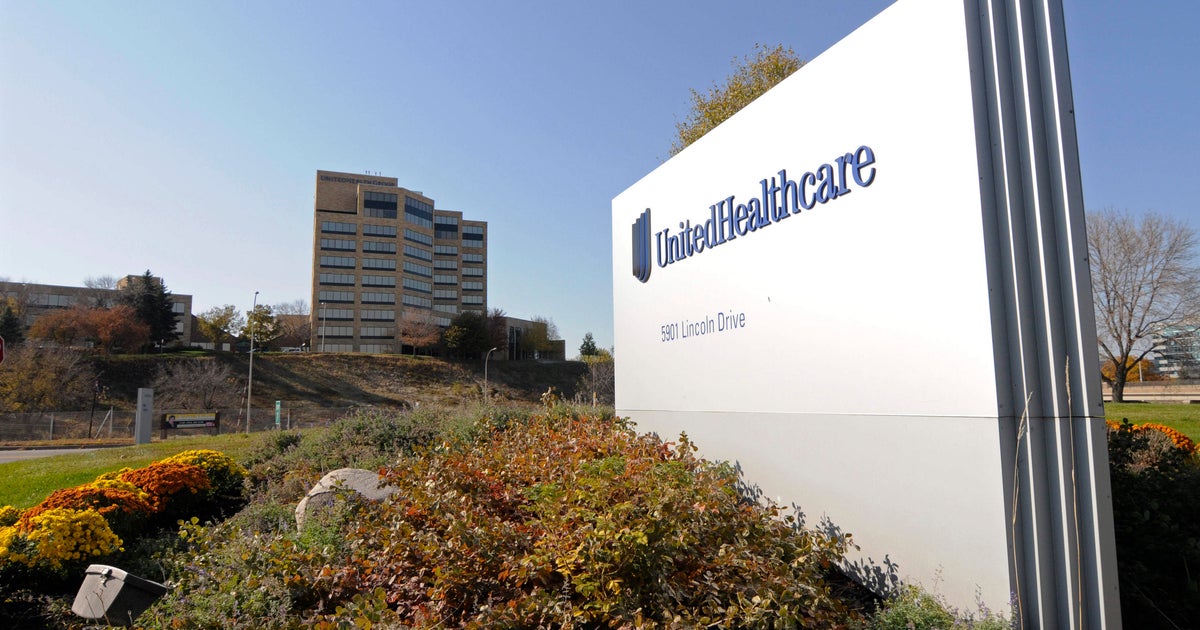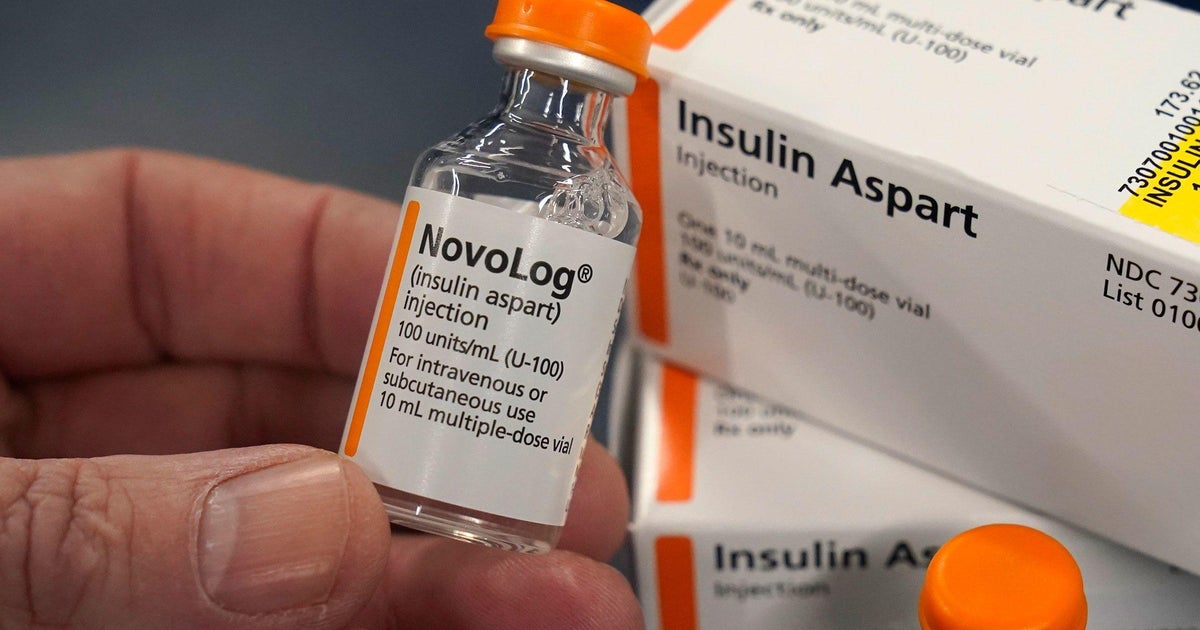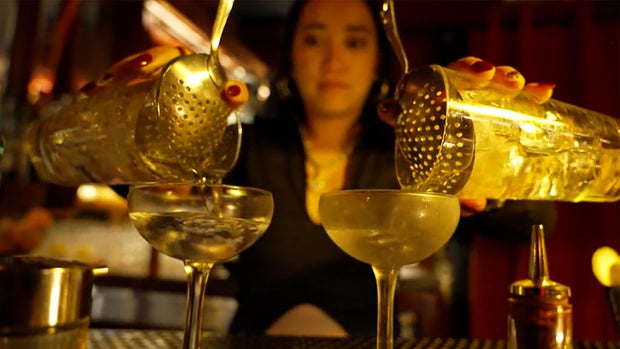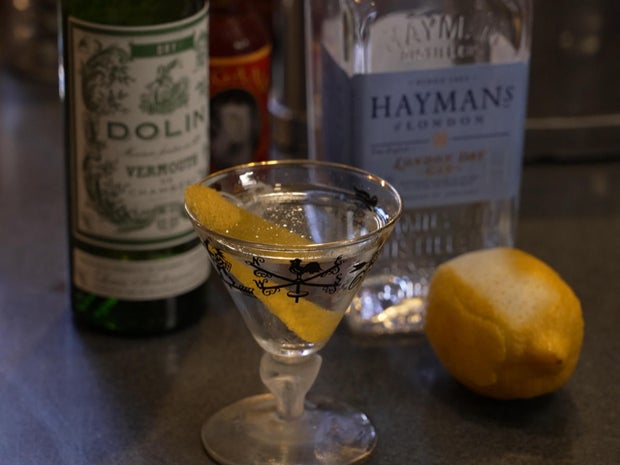CBS News
UnitedHealth paid ransom after massive Change Healthcare cyberattack
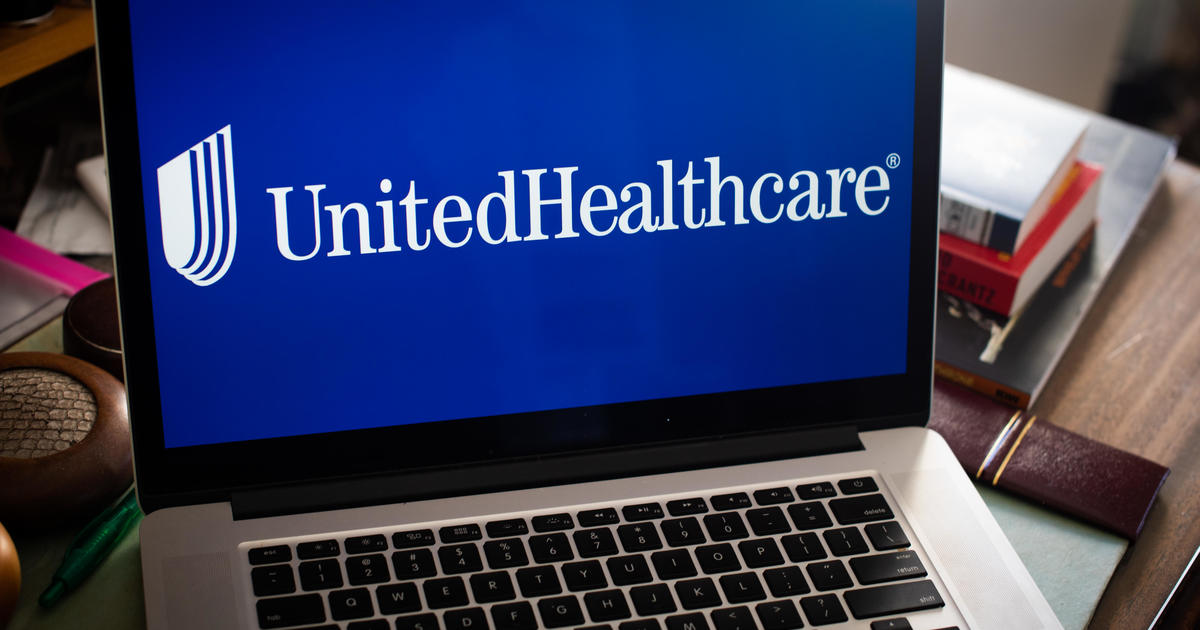
The Russia-based cybercriminals who attacked a UnitedHealth Group-owned company in February did not walk away from the endeavor empty-handed.
“A ransom was paid as part of the company’s commitment to do all it could to protect patient data from disclosure,” a UnitedHealth Group spokesperson confirmed with CBS News late Monday.
The spokesperson did not disclose how much the health giant paid after the cyberattack, which shut down operations at hospitals and pharmacies for more than a week. Multiple media sources have reported that UnitedHealth paid $22 million in the form of bitcoin.
“We know this attack has caused concern and been disruptive for consumers and providers and we are committed to doing everything possible to help and provide support to anyone who may need it,” UnitedHealth CEO Andrew Witty said in a statement Monday.
UnitedHealth blamed the breach on a Russian ransomware gang known as ALPHV or BlackCat. The group itself claimed responsibility for the attack, alleging it stole more than six terabytes of data, including “sensitive” medical records, from Change Healthcare, which processes health insurance claims for patients who visited hospitals, medical centers or pharmacies.
The scale of the attack — Change Healthcare processes 15 billion transactions a year, according to the American Hospital Association —meant that even patients weren’t customers of UnitedHealth were potentially affected. The attack has already cost UnitedHealth Group nearly $900 million, company officials said in reporting first-quarter earnings last week.
Ransomware attacks, which involve disabling a target’s computer systems, have become increasingly common within the health care industry. The annual number of ransomware attacks against hospitals and other providers doubled from 2016 to 2021, according to a 2022 study published in JAMA Health Forum.
The Change Healthcare incident was “straight out an attack on the U.S. health system and designed to create maximum damage,” Witty told analysts during an earnings call last week. Ultimately, the cyberattack is expected to cost UnitedHealth between $1.3 billion and $1.6 billion this year, the company projected in its earnings report.
CBS News
Serving up home-cooked dog food

Watch CBS News
Be the first to know
Get browser notifications for breaking news, live events, and exclusive reporting.
CBS News
What makes a martini a martini?

Watch CBS News
Be the first to know
Get browser notifications for breaking news, live events, and exclusive reporting.
CBS News
What makes a martini a martini?
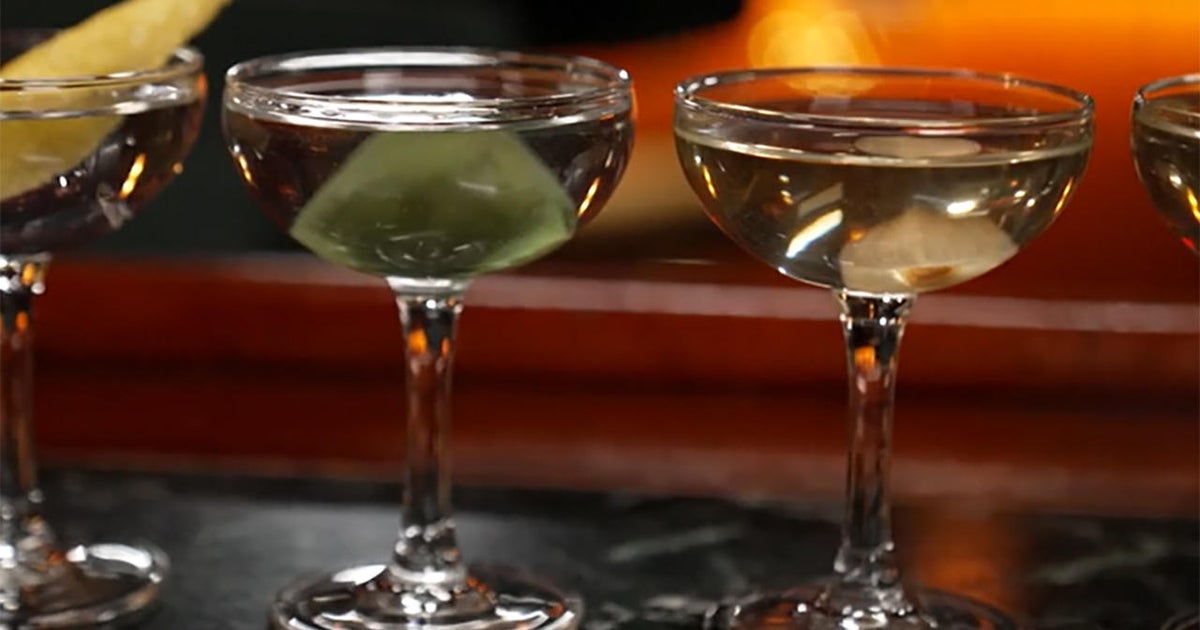
Nowadays, what makes a martini a martini? Robert Simonson, who wrote a book about the martini, said, “It’s funny: it’s strict and loose at the same time.”
Ten Speed Press
Everyone seems to have an opinion about the cocktail: “Ingredients, proportions, garnishes – it’s all subject to debate,” Simonson said. “I’m a purist. I would think it needs to be gin and vermouth. But I’m willing to bend and say, ‘Okay, vodka and vermouth as well.’ [However,] if there’s no vermouth in there, I don’t know how you can call it a cocktail.”
Simonson says the martini was probably named after a vermouth company. It was invented in America in the 1870s or ’80s when bartenders mixed gin with vermouth, a fortified wine made with herbs and spices. “It’s a very big player in cocktail history,” he said.
In the early 20th century, the “very-dry” martini became very-popular: Ice cold gin or vodka, garnished with a lemon twist, or an olive, or an onion, but only a little vermouth (or maybe not even a little).
Samantha Casuga, the head bartender at Temple Bar in New York City, says the reason why many people might not want vermouth in their martini is because, for years, vermouth was stored improperly. “It should be in the fridge,” she said.
CBS News
Casuga’s classic martini is two parts gin, one part vermouth, with a twist of lemon. She suggests that you probably shouldn’t order it the way James Bond does – shaken, not stirred. Casuga says she’s always stirring, but some people like the show behind the bar when a bartender shakes their cocktail. “Definitely, people love a good shake,” she said.
People also love to have a martini made just the way they want it. But Casuga understands why they might be so specific: “To have your own preferences, not only listened to and then executed, is, like, that’s luxury itself.”
Writer Robert Simonson says that a martini can also add a little luxury to your Thanksgiving. “It actually makes very good sense for Thanksgiving,” he said. “It will whet your appetite for the meal to come.
“There are very few American inventions more American than the martini. So, an American holiday, American drink.”
CBS News
For more info:
Story produced by Mary Raffalli. Editor: Remington Korper.
“Sunday Morning” 2024 “Food Issue” recipe index
Delicious menu suggestions from top chefs, cookbook authors, food writers, restaurateurs, and the editors of Food & Wine magazine.



